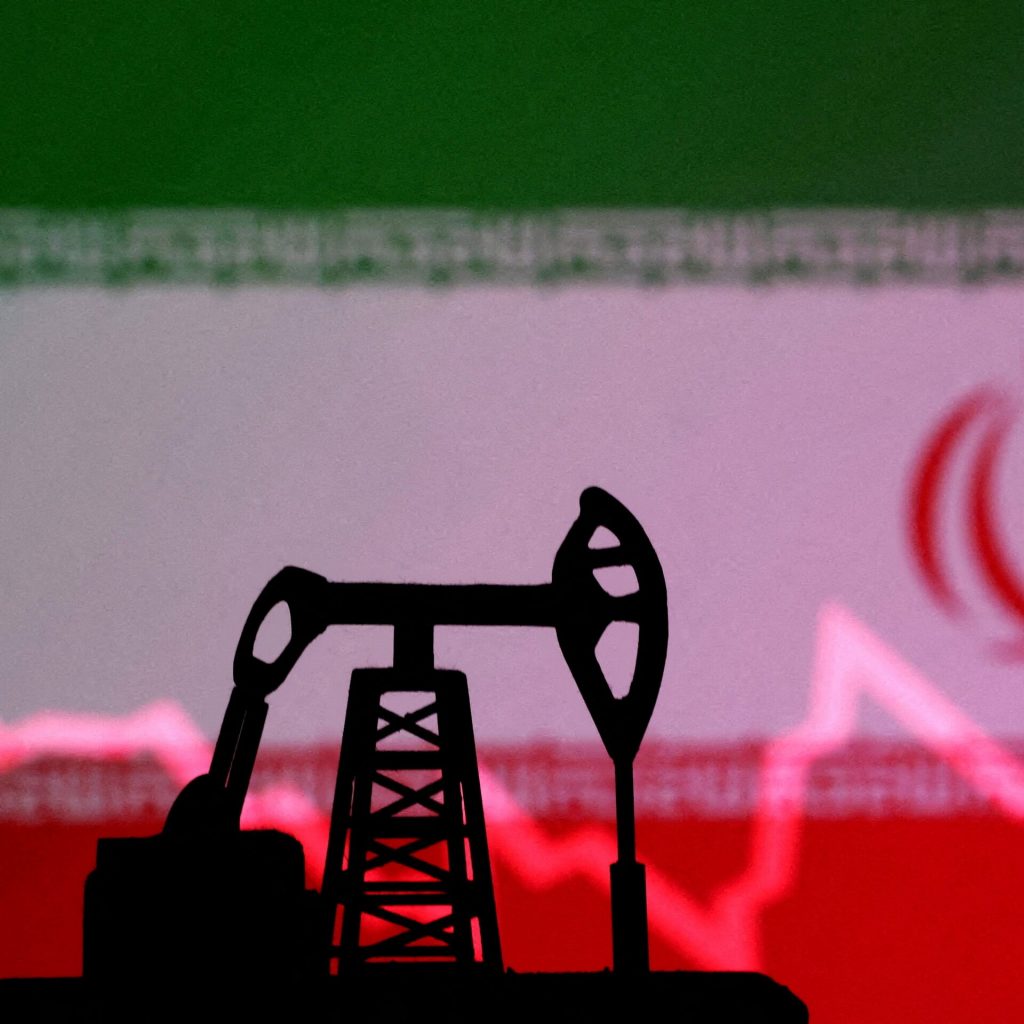
A sophisticated fuel oil smuggling network operating in Iraq is generating $1 billion annually for Iran and its proxies. Learn how this operation thrives under Iraq’s subsidized fuel policies.
Fuel Oil Smuggling Network Rakes in $1 Billion for Iran and Its Proxies
A complex fuel oil smuggling network in Iraq has emerged as a significant source of revenue for Iran and its regional proxies. Estimated at $1 billion annually, this illicit network diverts subsidized fuel from Iraq’s state-run oil sector. Despite ongoing efforts to disrupt it, the fuel oil smuggling network continues to thrive, bolstered by Iraq’s subsidized fuel policies that have remained largely unchanged under Prime Minister Mohammed Shia al-Sudani’s leadership since 2022.
This fuel oil smuggling network involves manipulating Iraq’s fuel subsidies and is now a central part of the economic relationships between Iran and its Shi’ite militias. The trade of smuggled fuel oil is one of the largest illicit sectors in the region, placing a substantial strain on Iraq’s economy and global energy markets.
How the Fuel Oil Smuggling Network Operates
Iraq’s government provides heavily subsidized fuel, primarily to industries such as asphalt plants, which rely on heavy fuel oil (HFO). However, much of this fuel is diverted from its intended use, leading to its illegal export. It’s estimated that around 500,000 to 750,000 metric tons of HFO are smuggled each month, enriching both Iran and its militias.
The operation’s success largely lies in blending Iranian crude with Iraqi HFO, a technique that disguises the oil’s origin, making it difficult for authorities to trace it back to Iran. This blend is sold across Asia, ensuring the fuel oil smuggling network remains profitable despite sanctions on Iranian oil exports. The blending process has made it increasingly difficult for governments to identify the true source of the oil.
Fuel Oil Blending and Export Routes
A critical element in the operation of the fuel oil smuggling network is the blending of Iranian crude with smuggled Iraqi fuel. By doing so, the smugglers avoid sanctions targeting Iranian oil exports. The fuel, once blended, is disguised as legitimate and exported to various Asian markets using forged documentation that misrepresents the fuel’s true origin.
The smuggling network benefits from its ability to obfuscate the source of the oil. This allows Iran to evade restrictions and continue to sell oil, generating billions in revenue. It has become a sophisticated and highly organized trade, one that has proven difficult to disrupt.
The Economic Impact and Risks of Fuel Oil Smuggling
The fuel oil smuggling network generates around $3 billion annually, creating severe economic challenges for Iraq. Iraq’s government has attempted to clamp down on this trade by revising the fuel allocation system for asphalt plants and increasing fuel prices. However, these measures have been ineffective, as they face resistance from local militias and Iran-backed factions that control key parts of the trade.
The illegal trade also distorts the global energy market. By diverting significant quantities of fuel, the fuel oil smuggling network adds pressure to energy supply chains, contributing to market instability. The oversupply of illicit fuel in certain markets affects legitimate businesses and undermines global fuel pricing structures.
Iraqi Government’s Efforts to Control the Smuggling Network
In response to the growing issue, the Iraqi government has begun reviewing fuel allocations, aiming to prevent further diversion. Iraq’s Central Bank has also started monitoring financial transactions linked to smuggled fuel in an attempt to detect irregularities. However, Iraq’s close ties with Iran-backed militias complicate enforcement. These militias are deeply embedded in the fuel oil smuggling network, and their influence has made it challenging for Iraq to take stronger actions against the trade.
Despite the government’s public commitment to reform, the political landscape in Iraq, influenced by Iran-backed factions, continues to undermine these efforts. The network’s reach and its relationship with local militias have made it difficult for the government to effectively curb this illegal trade.
The International Impact of the Fuel Oil Smuggling Network
The fuel oil smuggling network in Iraq has broader geopolitical implications. By generating billions in revenue, it helps fund Iran’s military operations and proxy groups across the region. This illicit trade complicates international relations, particularly with the U.S., which has called on Iraq to take stronger action against these networks. Iraq’s failure to do so could lead to strained relations with Western powers.
The illicit fuel trade also impacts global energy markets. The distortion of supply through smuggling undermines the stability of fuel prices and creates market volatility. The fuel oil smuggling network, which relies on blending and falsified documents, continues to evade detection and sanctions, further exacerbating its impact.
Conclusion: Fuel Oil Smuggling’s Growing Impact
The fuel oil smuggling network in Iraq remains one of the most significant illicit operations in the Middle East. Despite efforts by the Iraqi government to curb it, this network continues to generate billions for Iran and its regional proxies. As long as these smuggling operations persist, they will continue to undermine Iraq’s economic stability, distort global energy markets, and fuel geopolitical tensions. Disrupting this network will require significant political will, international cooperation, and stronger enforcement measures to break the cycle of smuggling that benefits Iran and its allies.